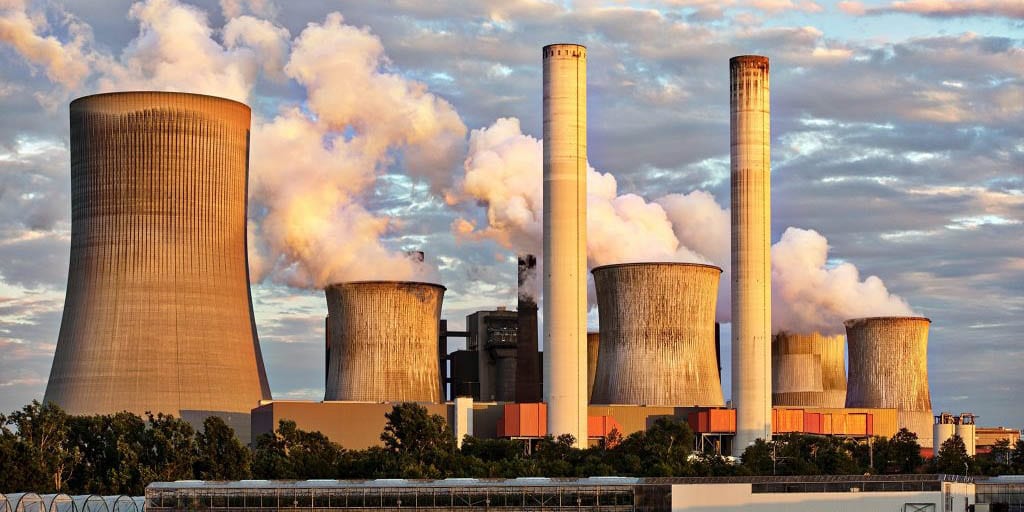Ireland
Country indicators
GDP per capita - gross domestic product divided by midyear population. GDP is the sum of gross value added by all resident producers in the economy plus any product taxes and minus any subsidies not included in the value of the products. (Source: World Bank)
GDP per capita (USD):
81,297.07
Fossil fuel subsidies (USD, billions) - All consumer and producer pre-tax subsidies. Pre-tax consumer subsidies exist when energy consumers pay prices that are below the costs incurred to supply them with this energy. (Source: IMF)
Fossil fuel subsidies (USD, billions):
n/a
Fossil Fuel Subsidies as % of GDP - All consumer and producer pre-tax subsidies as percent of a country’s GDP. (Source: IMF)
Fossil fuel subsidies (% of GDP):
n/a
Fossil Fuel Subsidies with externalities as % of GDP - All consumer and producer post-tax subsidies. Post-tax consumer subsidies exist if consumer prices for energy are below supply costs plus the efficient levels of taxation. (Source: IMF)
Fossil fuel subsidies with externalities (% of GDP):
1.43--
Revenue from environmentally related taxes as % of GDP - All revenue from environmentally related taxes - defined as any compulsory, unrequited payment to general government levied on tax-bases deemed to be of particular environmental relevance – as percent of a country’s GDP. (Source: OECD)
Revenue from environmentally related taxes (% of GDP):
1.389
Carbon pricing gap - Measure of how much countries fall short of pricing carbon emissions in line with a EUR 60 benchmark value (midpoint estimate of the carbon costs in 2020 and a low-end estimate for 2030). The difference is presented as percentage: If the Effective Carbon Rate (ECR) on all emissions is at least as high as the benchmark, the gap is zero, and if the ECR is zero throughout, the gap is 100%. (Source: OECD)
Carbon Pricing Gap (%):
55
News

The report released by the International Energy Agency recommends Ireland to raise Carbon tax to meet Emissions Goal
2019-04-30
On the 15th of April, the International Energy Agency (IEA) published a report praising Ireland’s progress towards the goal of improving energy efficiency by 2030. However, the agency warned that

Massive hike in carbon tax needed if Ireland to meet targets
2018-12-06
20.11.2018 – A new computational model developed by the Economic and Social Research Institute (ESRI) that factors in economic data, environmental trends and energy consumption, has found carbon tax on fossil

EU must not blindly sign up to a weak aviation carbon market
2018-12-05
14.11.2018 – As countries negotiate rules for offsetting airline emissions in Montreal, the EU should reserve its right to impose stronger regional policies. Replacing the EU ETS with Carbon Offsetting and



